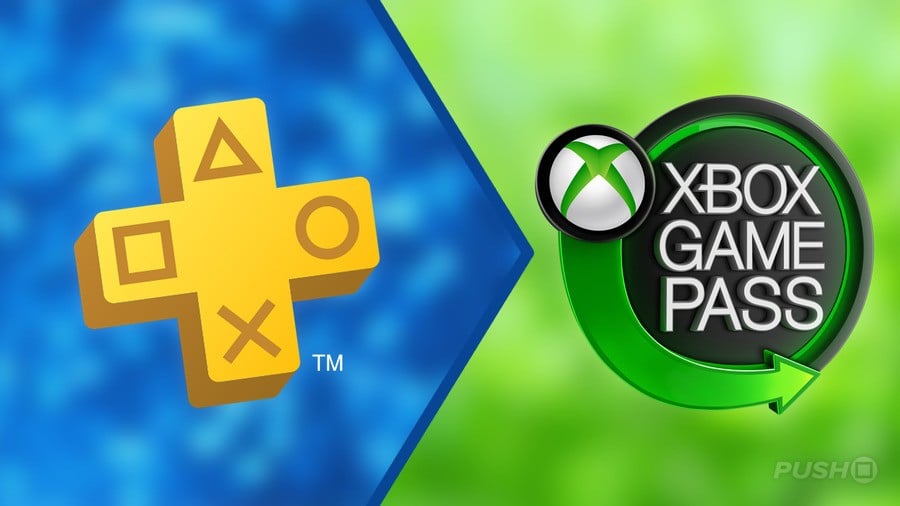
Impact of Xbox Game Pass: Insights from Ex-Bethesda Boss Pete Hines
In the ever-evolving landscape of the gaming industry, few figures can offer insight into the implications of services like Xbox Game Pass as effectively as Pete Hines, the former boss of Bethesda. Having spent 24 successful years at the company before leaving in 2023, Hines provides a unique perspective on the ramifications of subscription-based models.
Analyzing Industry Trends
During his tenure, Hines witnessed firsthand the significant changes brought about by Microsoft’s acquisition of Bethesda. Although he has distanced himself from the company, Hines remains attuned to the industry’s dynamics. He reflects on some “short sighted decision making” he observed years ago, which, according to him, is now manifesting in troubling ways.
Concerns Over Subscription Models
Hines articulates a growing concern regarding subscriptions in gaming. “Subscriptions have become the new four-letter word,” he observes, noting that consumers can no longer simply purchase a product outright. He emphasizes the need for a balanced relationship between service providers and content creators. If this balance isn’t struck, the sustainability of these models comes into question.
The Value of Content Creation
He argues that proper acknowledgment and compensation for content creators are essential to maintain the integrity of subscriptions. “That tension is hurting a lot of people,” he states, particularly affecting those who invest time and effort into creating games that might not be adequately valued in a subscription model.
Industry Reactions
Ex-Sony executive Shawn Layden echoed Hines’ sentiments, characterizing Xbox Game Pass as potentially turning developers into “wage slaves.” Layden praised Hines’ comments, highlighting a shared concern among industry veterans about the future of game development amid subscription pressures.
Microsoft’s Stance
Despite criticism, Microsoft maintains that its subscription model is financially viable. The company has introduced various price adjustments over the years but continues to conceal detailed profit margins, leading to ongoing debates within the gaming community.
Future Prospects for Subscription Models
While subscription spending has seen slight growth in recent months, it had remained stagnant for several years due to multiple price hikes. Critics, including PlayStation, believe the Xbox Game Pass model may not be sustainable long-term. This idea sparked discussions around alternative business models in gaming that might offer better support for developers and gamers alike.
Ultimately, while Xbox Game Pass presents significant value, the evolution of gaming might not hinge entirely on subscription services as predicted at the start of this generation. As the industry adapts, the balance between consumer accessibility and creator compensation will be a critical factor in shaping future developments.
[source dbltap.com, via ign.com]
